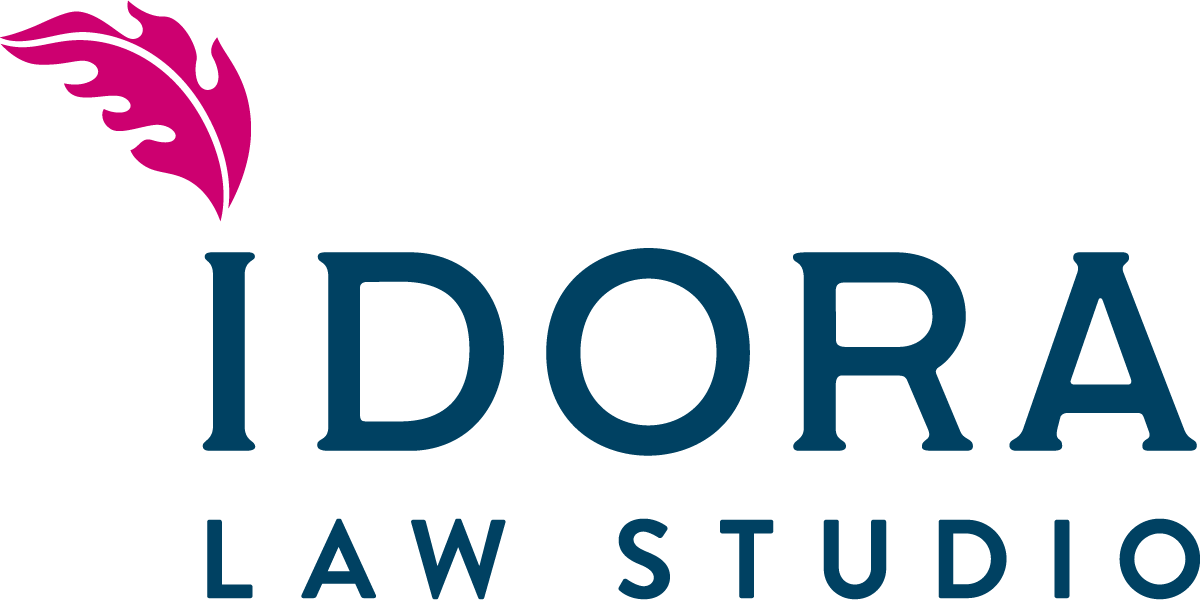Trademark Protection

Distinctiveness and Protection
The purpose of a distinctive mark is to demarcate your goods or services from those of others – to identify the source. Whereas copyright and patent laws are meant to protect the creator, trademarks protect the consumer from confusion among products.
A mark is considered “strong” if it falls at the top of the spectrum and is fanciful or coined. A mark is considered “weak” if it is merely descriptive. Generic terms will never receive trademark protection because they do not distinguish goods or services for consumers in the marketplace.
Types of Marks
Fanciful/Coined Marks
Fanciful or coined marks are imaginary or invented marks that were created to serve as trademarks. Like arbitrary marks, they are considered much stronger than suggestive marks and afforded greater protection by the USPTO and courts. Examples include, KODAK® for cameras and XEROX® for copiers.
Arbitrary Marks
Arbitrary marks are real words but have no connection to the goods or services offered. For example, Apple® for computers or Delta® for an airline. Arbitrary marks are strong marks and entitled protection because they are highly distinctive.
Suggestive Marks
Suggestive marks hint at the nature or aspect of the goods or services but do not state it outright. For example, Coopertone® for sunscreen or Jaguar® for a fast car.
Descriptive Marks
Descriptive marks describe the goods or services to which they relate. They are generally not registerable because they fail to identify and distinguish the source of the goods or services. However, a descriptive mark can acquire distinctiveness through continual use. For example, Bank of America® and American Airlines® have attained the required distinctiveness.
Generic Marks
Generic marks are words or symbols that do nothing more than communicate what type of goods or services are being offered. For example, “Hair Salon” on its own cannot be registered as a trademark because it is a generic term for the services offered.
KODAK and the KODAK logo are trademarks of Eastman Kodak Company.
XEROX and the XEROX logo are trademarks of Xerox Corporation.
APPLE and the APPLE logo are trademarks of Apple Inc., registered in the U.S. and other countries.
DELTA and the DELTA AIR LINES logo are trademarks of Delta Air Lines, Inc.
COPPERTONE and the COPPERTONE logo are trademarks of Bayer Consumer Health.
JAGUAR and the JAGUAR logo are trademarks of Jaguar Land Rover Limited.
BANK OF AMERICA and the BANK OF AMERICA logo are trademarks of Bank of America Corporation.
AMERICAN AIRLINES and the AMERICAN AIRLINES logo are trademarks of American Airlines, Inc.
The logos displayed on this website are used for informational and illustrative purposes only to showcase different logo types. This website is not affiliated with, sponsored by, or endorsed by any of the companies listed above. All trademarks and logos remain the property of their respective owners.
